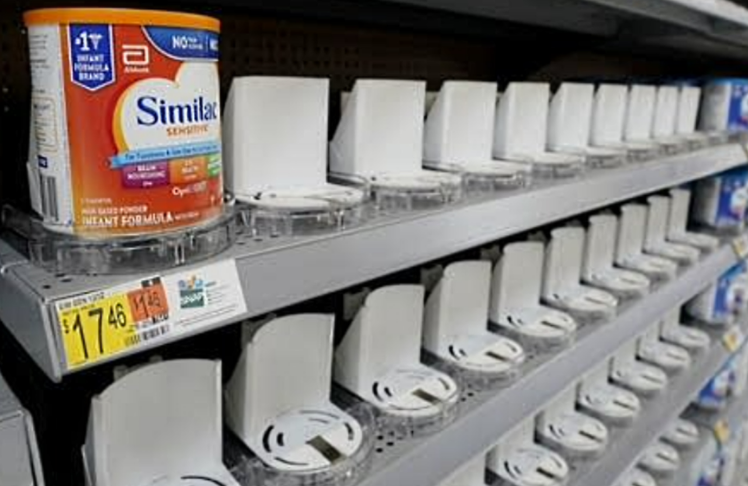
The Mother & Child Education Center is busy in Portland. The center is a nonprofit organization that mainly serves low-income families in the area. It is following the Similac crisis. Similac baby formula has a list of cans that was recalled on May 12, 2022 in Portland. Around 60 percent of Mother & Child’s formula supply was affected by the much talked about recall. Over the past three months, parents have had to drive around the Portland area to hunt for baby formula. There is a nationwide supply shortage.
Abbott Nutrition, the largest supplier of baby formula in the country, announced that it was voluntarily recalling several brands of its formula due to contamination concerns. The recall was on top of an existing baby formula shortage related to ongoing supply chain disruptions. There is also a labor shortage and transportation delays. Stockpiling the baby formula during COVID-19 lockdowns also diminished the supply.
A handful of companies account for almost the entire U.S. supply making baby formula vulnerable to disruptions. The shortage especially affects low-income parents and caregivers.
The center had to throw away more than 150 cans of formula when the recall was announced. They were unable to exchange them, as a typical buyer might, because all of them were donated. The center relies entirely on donations of infant formula that it gives to families in need.
The center serves over 2,400 low-income families in the Portland area. The average age of mothers calling in to ask to baby formula is between 21 and 39, reporting an average income of about $1,171 per month. More than 40% of the callers are from Multnomah County and surrounding counties. The service covers Oregon and Southwest Washington.
A Special Supplemental Nutrition Program for Women, Infants, and Children, a government food assistance program known as WIC, to buy formula because it’s so expensive. WIC benefits kick in at the first of every month. This is when parents search for formula. Stores have started limiting purchases to four 12-ounce containers each day.















